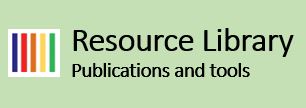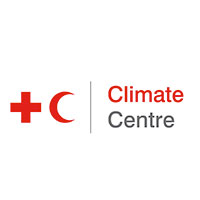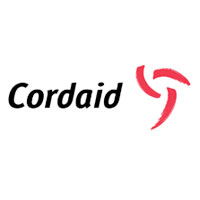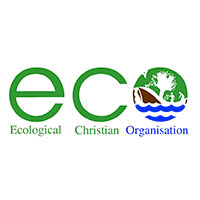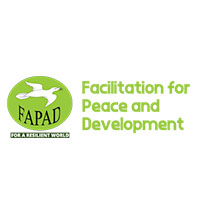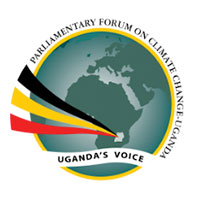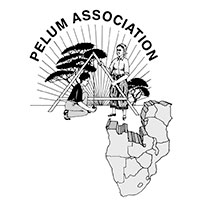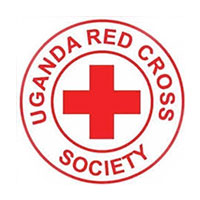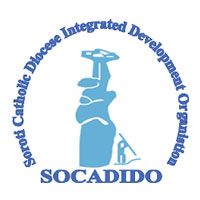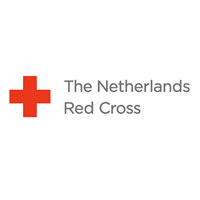Uganda
Local context
Uganda experiences increased intensity, complexity and frequency in natural and man-made disasters especially in the North Eastern, Eastern, Northwestern and Southwestern parts of the country. The country is facing diminishing natural resource coverage as a result of encroachment, leading to with rising vulnerability of communities. There is a high population growth (Uganda Bureau of Statistics) and 78% of the people living in Uganda are below the age of 30, making Uganda’s population the second youngest in the world.
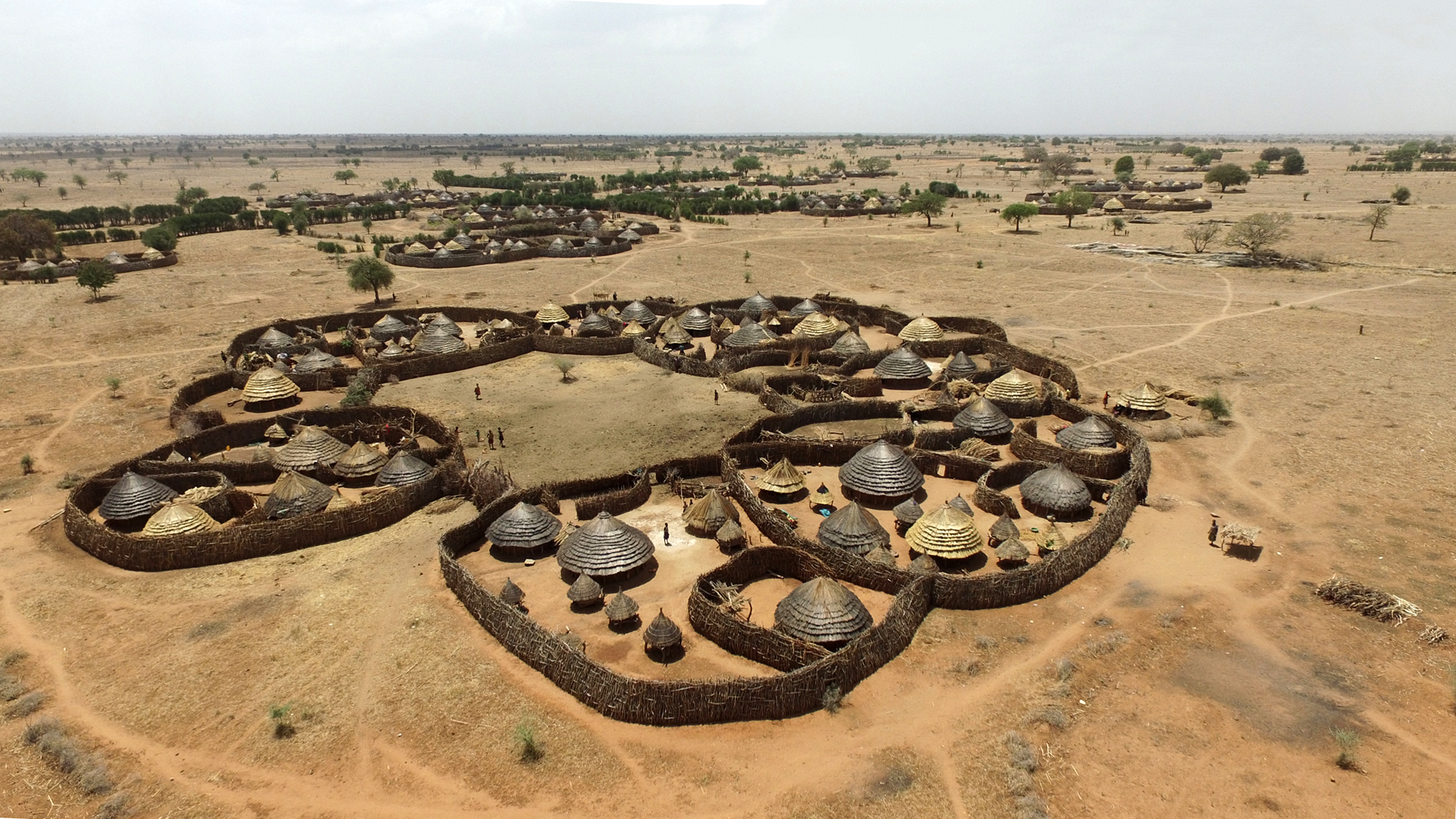 Drone footage - Uganda (Climate Centre)
Drone footage - Uganda (Climate Centre)
Programme I: Dialogue and Dissent
Partners for Resilience (PfR) works together with local partners and networks to strengthen community resilience to climate related hazards. By ensuring community voices are heard and represented in decision making processes, the partners employ a multi-stakeholder approach to ensure the government, private sector and other civil society organisations recognise the importance of Integrated Risk Management (IRM) approach. The programme supports partner organisations in collaboration with other stakeholders to promote the inclusion of IRM principles and approaches in policies, plans and programmes (the Uganda National Climate Change Bill, the Uganda National Wetlands Management Policy and Bill and the National Disaster Preparedness and Management Bill). In addition, the programme aims to make private and public investments in fragile ecosystem areas more risk informed.
Examples of the activities and achievements in Uganda:
- Facing drought in Uganda - video
- Film PfR Uganda about Kelle and her community who received training on the importance of preserving the swamps and planting trees and on generating income from beekeeping.
- News article: Sustainable alternatives to age-old traditions - a rescue plan in which influential women play a crucial role.
Programme II: Up-scaling Eco-DRR
Upscaling community resilience through ecosystem-based disaster risk reduction (Eco-DRR) is a three-year project (2019-2021) funded by the European Union (EU-DEVCO). It is being implemented by UNEP and Partners for Resilience consortium, which in Uganda includes of CARE International, CORDAID, and Wetlands International. The 28 month-project started in June 2019 and ends in December 2021. It is implemented in the Aswa Catchment, specifically in the 5 districts of Otuke, Agago, Alebtong, Abim and Kotido in Northern Uganda. The consortium members will pursue an Integrated Risk Management (IRM) approach. This approach involves ecosystem management and restoration, climate change adaptation and mitigation; and disaster risk reduction, while mainstreaming gender in all its activities.
Overall objective: Strengthened resilience to disasters (including climate risk-related disasters) of 160,000 vulnerable women and men in 5 districts of Eastern Aswa Catchment in northern Uganda.
Specific objective: Strengthened integrated risk management and inclusive risk governance through the scaling up of Eco-DRR implementation, improved catchment-based water resources management that is risk-informed, gender and ecosystem-sensitive. The action is intended to increase community resilience by improving capacity and coordination mechanisms amongst community structures, state and non-state actors and harnessing efforts to diversify livelihood options. Project activities especially target enhancing leadership capacities of women and youth.
Recent Resources
No resources available for this country.
Programmes
- Dialogue and Dissent Strengthening the capacity of civil society to engage in dialogues with stakeholders for improved disaster risk reduction policies, practices, and investments.
Read more - Up-scaling Eco-DRR Increasing communities resilience and reducing disaster risks through ecosystem-based solutions.
Read more





